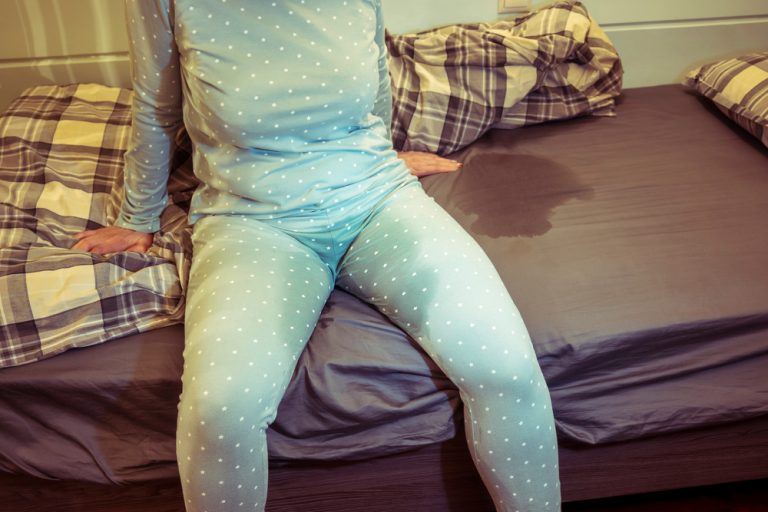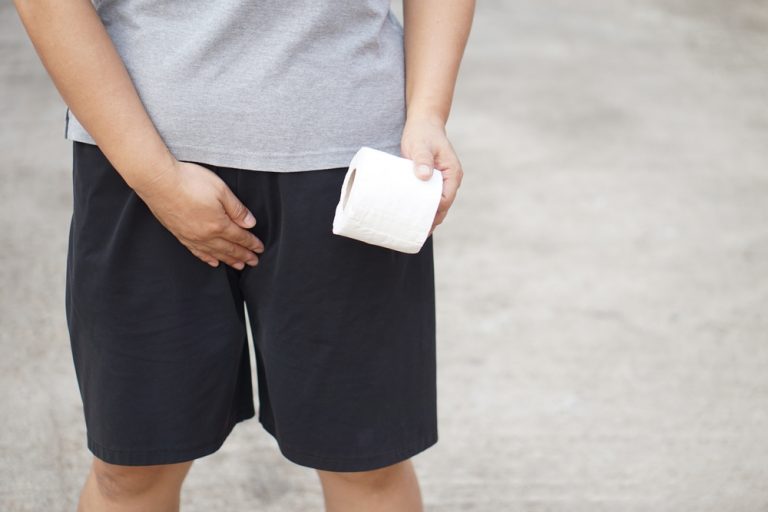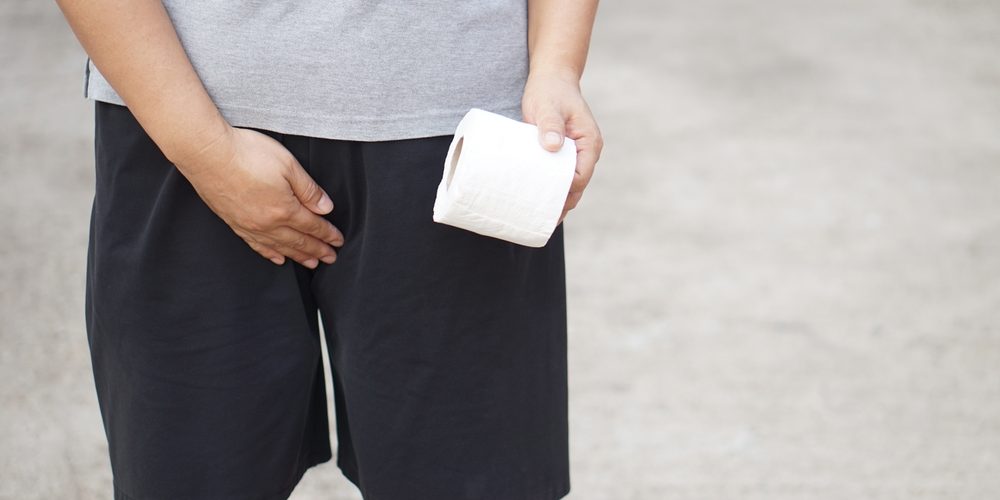Cystitis – or more simply, inflammation of the bladder – is a common condition often caused by bacterial infection but also influenced by lifestyle factors—including alcohol use. While alcohol doesn’t directly cause cystitis, it can significantly worsen its symptoms, increase your risk of developing the condition, and interfere with recovery. Alcohol use may also act as a root cause or contributing factor to bladder discomfort and cystitis.
At PCP we are dedicated to ensuring our readers understand the relationship between alcohol consumption and bladder health, especially for those prone to urinary tract infections.
In this article, we’ll explore the complex relationship between alcohol and cystitis, including the impact of bladder alcohol—how alcohol’s direct effects on the bladder can increase urgency, frequency, and inflammation. We’ll explain why those prone to bladder inflammation should be cautious, and offer steps to reduce your risk.
Introduction to Bladder Health
Despite being an essential component of our general health, bladder health is frequently disregarded until issues occur. The bladder is an essential component of the urinary tract because it holds urine until the body is ready to release it. Urinary tract infections, bladder inflammation, and other unpleasant problems can be avoided when the bladder is in good working order. This equilibrium, however, can be upset by things like alcohol consumption, which can result in discomfort in the bladder, an overactive bladder, or even incontinence. Supporting the body’s innate capacity to effectively store and discharge urine is essential for maintaining bladder health, which also helps prevent infections and enhances wellbeing.
What Exactly Is Cystitis?
Cystitis is a medical term for bladder inflammation. Cystitis is often referred to as a bladder infection. The condition is usually caused by bacteria, though certain drugs, toxins, radiation, and autoimmune conditions can also cause it.
The most common cause of cystitis is bacterial cystitis, which occurs when microbes infect and colonise the bladder. This is a subset of a wider range of conditions called urinary tract infections (UTIs), also known as urinary tract infection uti, which occur when microorganisms such as E coli get into the normally sterile urinary tract. Alcohol use can increase the risk of developing this condition through several mechanisms which will be discussed in this article. Repeated episodes, known as recurrent utis, can be more likely in those who consume alcohol, as alcohol use can increase susceptibility.
However, there are other less common causes of cystitis which are related to alcohol use. For example, the direct irritation of the bladder by alcohol can lead to a form of cystitis called non-infectious cystitis.
Alcohol use can also worsen flare-ups of an autoimmune disease called interstitial cystitis, which leads to a chronic non-infectious form of bladder inflammation. The symptoms of interstitial cystitis are nearly identical to those of a UTI, including sharp pain and other uti symptoms, but there is no active infection.
Taking steps to prevent infections is important for maintaining bladder health.
So do you recognise cystitis?
Common Symptoms of Cystitis

If you’re wondering whether you might be experiencing cystitis, here are some of the most common symptoms to watch for.
-
Urinating more frequently than usual
-
Frequent urination
-
The sudden and sometimes uncontrollable urge to pee
-
Increased urgency to urinate
-
Feeling pain while urinating
-
Seeing blood in the urine
-
Noticing cloudy or foul-smelling urine
-
A feeling of pressure, fullness or discomfort in the lower abdomen
-
A low-grade fever and chills
-
Pain at the back or flanks
Some people may also experience bladder leaks, especially if symptoms are severe.
How Does Alcohol Worsen Cystitis?
While alcohol does not directly cause cystitis, it could potentially worsen the condition and interfere with treatment in several important ways. These factors can make symptoms worse for those with cystitis.
-
Weakening the immune system. Alcohol lowers the ability of the body to fight off infections. Even short-term drinking behaviours like binge drinking weaken the ability of the body to recognize and fight off infections for up to twenty-four hours. Chronic heavy drinking can have even more profound effects on your white blood cells in terms of total number and function. Long-term alcohol abuse is also often associated with poor nutritional status, which further weakens the immune system.
-
Alcohol can cause dehydration. As anyone who has desperately stood in line at the restroom during a night out at the pub would agree, alcohol makes you pee more often. This is due to the diuretic effect of alcohol, which increases urine production and leads to more urine and greater water excretion. This can easily lead to dehydration if fluid intake is poor while drinking (which is often the case). Dehydrated people pee less as the body seeks to conserve the fluid it has left. This makes it harder for the body to flush out bacteria from the bladder. Also, being dehydrated causes irritants in the bladder (like alcohol) to become more concentrated, worsening the cystitis.
-
Alcoholism interferes with medication. Chronic alcohol use has profound effects on the liver and kidneys, which are two very important organs for processing drugs. In people with a long history of alcohol abuse, this may make it harder for your healthcare provider to select a treatment that is effective and safe. Also, taking alcohol with certain medications leads to unpleasant side effects such as the disulfiram effect which causes nausea, vomiting and flushing.
-
May delay seeking treatment. Alcohol use disorder is also associated with neglect in terms of family, financial, and healthcare obligations. This often means people who struggle with chronic alcohol abuse may delay seeking treatment for cystitis or fail to complete their antibiotics, leading to worse outcomes.
-
Alcohol directly irritates the bladder. Alcohol irritates the bladder lining and can irritate your bladder, increasing the risk of developing cystitis by breaking down the natural protective lining of the bladder or worsening the symptoms of already existing cystitis like pain or urinating frequently.
-
Poor hygiene and risky sexual behaviours. Alcohol use disorder (AUD) is often linked to neglect of personal hygiene and engagement in risky sexual behaviours—both of which significantly increase the risk of developing cystitis, especially in women. Poor hygiene can introduce bacteria into the urinary tract, while unsafe sexual practices heighten the chance of bacterial transfer and urinary tract infections.
Concentrated Urine and Bladder Issues
When urine becomes concentrated, it can spell trouble for your bladder. Concentrated urine occurs when you don’t drink enough water, causing waste products and irritants to become more potent as they pass through the bladder. This can lead to bladder irritation, inflammation of the bladder lining, and an increased risk of urinary tract infections. Excessive alcohol consumption makes this problem worse, as alcohol acts as a diuretic, increasing urine production and leading to dehydration. The result is more concentrated urine, which can aggravate existing bladder problems or trigger new ones. To protect your bladder, it’s important to drink plenty of water throughout the day and limit alcohol consumption, helping to keep your urine diluted and your urinary tract healthy.
Additional Risk Factors for Cystitis
While alcohol may contribute to cystitis, several other factors also increase an individual’s risk of developing the condition.
-
Being female is one of the most significant risk factors due to the shorter length of the urethra, which allows bacteria to reach the bladder more easily.
-
Individuals with diabetes are also at greater risk since high blood sugar levels can weaken the immune system and promote bacterial growth in the urine.
-
Poor hygiene after sexual activity can introduce bacteria into the urinary tract.
-
Infrequent bathing or improper wiping techniques increase bacterial exposure.
-
UTIs are more common in older adults. For example, postmenopausal women often experience changes in vaginal flora that affect bladder health.
-
Some people are born with or develop blockages in the urinary system, making it harder to fully empty the bladder. This allows bacteria to grow. Holding large quantities of concentrated urine can weaken the bladder and increase the risk of leaks and infections.
-
Consuming foods and drinks with added sugar, such as fizzy drinks, can encourage bacteria growth in the urinary tract and increase the risk of further infections. Checking labels and reducing added sugar intake may help prevent bacteria proliferation and lower the risk of recurrent UTIs.
The Impact of Alcohol on Overall Bladder Health

Alcohol affects the bladder and urinary tract in several significant ways. Drinking alcohol increases urine production, which can lead to dehydration and more concentrated urine—both of which irritate the bladder lining. This irritation can make symptoms of overactive bladder or urinary incontinence worse, and may even trigger new bladder problems in people who are sensitive. Excessive alcohol consumption also weakens the immune system, making it harder for your body to fight off infections like urinary tract infections. Over time, these effects can add up, increasing your risk of bladder discomfort, recurrent infections, and other urinary tract issues. Being aware of how alcohol impacts your bladder health is the first step toward making choices that support your body and reduce the risk of long-term problems.
What Are the Dangers of Cystitis?
For most people, bacterial cystitis is a relatively harmless infection that can be easily treated with antibiotics and fluids. However, it can sometimes lead to more harmful consequences like infections of the kidney, sepsis, and recurrent episodes of bladder inflammation, especially in those whose immune system has been compromised, like chronic alcoholics. Therefore, it is important to take steps to prevent cystitis to avoid these complications.
How Can You Treat and Recover from Cystitis?
Individuals with cystitis are often prescribed a short course of antibiotics and encouraged to take liberal amounts of fluids to help flush out the bacteria from the bladder. Drinking cranberry juice may also help prevent cystitis by inhibiting the growth of bacteria such as E. coli, especially in those with recurrent urinary tract infections. Most cases of bacterial cystitis are relatively benign and symptoms improve within a couple of days of starting treatment.
Self-help strategies such as bladder training and pelvic floor exercises can be effective in improving bladder control and reducing symptoms like urgency and frequency. Strengthening the pelvic floor through regular exercises may also help decrease leakage and support recovery. Incontinence pads can be used to manage symptoms like leakage during this period.
Reach out to a healthcare provider if you or someone you know develops symptoms which suggest cystitis. Your doctor can usually confirm this diagnosis with a few simple tests.
How To Lower Your Risk of Developing Cystitis While Drinking
Here are some ways to reduce the risk of developing cystitis if you choose to drink.
-
Stay hydrated, especially while drinking. Taking plenty of fluids while drinking prevents dehydration and helps flush out bacteria and toxins from the urinary system, which can help prevent infections such as urinary tract infections (UTIs). A good rule of thumb is to alternate every alcoholic drink with at least 8 to 12 ounces of water, as well as choose drinks with lower alcohol concentrations.
-
Avoid alcohol. Avoiding alcohol can help reduce symptoms, prevent flare-ups, and avoid interference with medications such as antibiotics prescribed for UTIs.
-
Avoid binge drinking. Binge drinking places the body under acute stress, increases the risk of dehydration due to water loss and suppresses the thirst reflex. Binge drinking is also associated with risky sexual behaviour. The body can only process one unit of alcohol per hour (approximately half of a standard pint of beer), so pace yourself accordingly. Remember, do not take more than eight units of alcohol per drinking session for men or six units of alcohol per drinking session for women.
-
Practice proper hygiene after sexual activity. This includes urinating after sex, cleaning the genitals with warm, soapy water and drinking plenty of fluids to flush out bacteria from the urethra.
-
Avoid other bladder irritants. Another good harm-reduction strategy is reducing your exposure to bladder irritants. Aside from alcohol, some other common bladder irritants include tobacco/cigarettes, coffee, tea, carbonated beverages, artificial sweeteners, and chocolate.
-
Cut down on alcohol use. The most effective way to reduce alcohol-related cystitis is to cut down on excessive alcohol use. Studies suggest that the immune system can begin recovery within as little as 30 days of stopping alcohol.
Alcohol-Free Alternatives That Support Bladder Health
For those trying to cut down on alcohol while supporting bladder health, there are plenty of satisfying alternatives. Herbal teas like chamomile, peppermint, and rooibos offer calming effects without irritating the bladder. Cranberry water, known for its potential UTI-prevention benefits, is another smart option. Light, low-sugar kombucha may also be tolerated in moderation.
Mocktails can be just as festive without the bladder irritation, especially for people looking for sober alternatives when socializing. Choosing these options allows people to stay hydrated, avoid inflammation, and remain socially engaged without compromising their urinary health or sobriety goals.
Reach Out Today
Though alcohol isn’t a direct cause of cystitis, it weakens the immune system, irritates the bladder, and encourages risky behaviours, making it a significant contributing factor.
For those prone to bladder issues or recovering from a urinary tract infection, reducing or eliminating alcohol intake can be a critical step toward healing. With healthier habits, prompt treatment, and bladder-friendly alternatives, you can take control of your urinary health and enjoy greater comfort, fewer infections, and improved overall well-being.
Looking for more information on how alcohol impacts your health? Don’t hesitate to reach out to PCP today to learn more.
Author
-
Dr Otulana is PCP’s longest-serving doctor. He is an experienced Physician with Specialist Interest in Substance Misuse Management and he has a wide range of experience in the assessment and management (including detoxification) of clients with various drug and substance addiction problems. Dr Otulana started practising as a doctor in 2000 and with over 10 years as an Addiction Physician. He is an Advanced Addiction Practitioner Member of Addiction Professionals and also holds the Certificate in Clinical Psychopharmacology (Part 1) of the British Association for Psychopharmacology. He is additionally a strong healthcare services professional with a Master of Business Administration (M.B.A.) degree from Cambridge University Judge Business School.
View all posts








